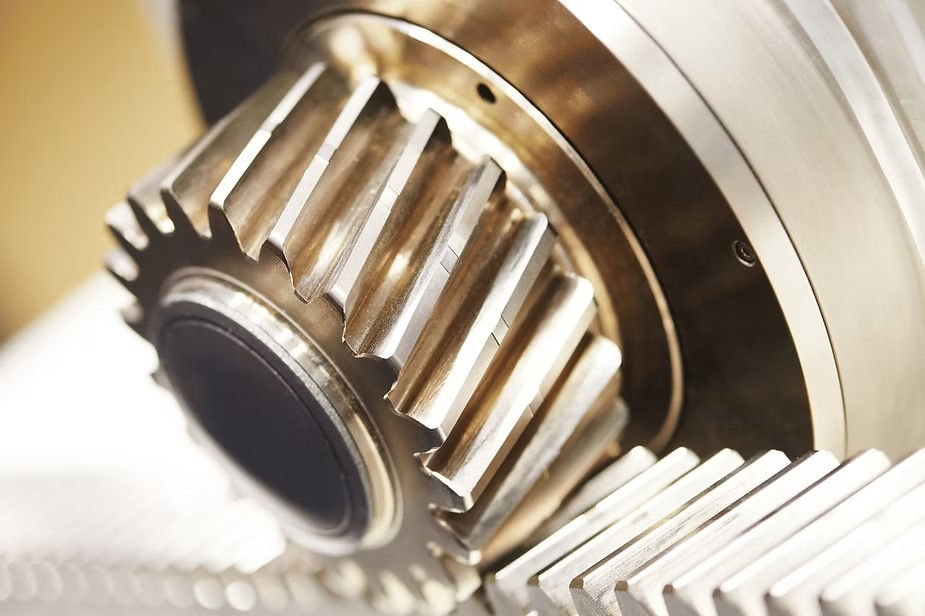Nylon Rollers vs. Steel Rollers: Performance Comparison in Industrial Conveyors
- Al Safeenah

- Nov 4, 2025
- 2 min read

Selecting the optimal roller material for industrial conveyor systems significantly impacts operational efficiency, maintenance requirements, and total cost of ownership. The choice between nylon rollers and steel rollers extends beyond simple material preference—it encompasses load-bearing capabilities, environmental considerations, noise characteristics, and application-specific performance demands. Understanding the distinct advantages and limitations of each material enables engineers to optimize conveyor designs for specific operational parameters.
Load Capacity and Structural Integrity
Steel rollers dominate heavy-duty applications where substantial load-bearing capacity is paramount. Their superior compressive strength and rigidity accommodate concentrated loads without deflection, making them indispensable in mining operations, automotive manufacturing, and heavy pallet handling systems. High-carbon steel variants provide exceptional durability under continuous stress, while precision-machined surfaces ensure smooth rotation even under loads exceeding several tons.
Conversely, nylon rollers offer adequate load capacity for light to medium-duty applications—typically supporting loads up to 200 kilograms per roller depending on diameter and construction. Their polymer composition exhibits different stress-strain characteristics than metal, with some elastic deformation under load that can be advantageous in shock-absorption scenarios. Modern glass-reinforced nylon formulations significantly enhance structural performance, bridging the gap between traditional polymer limitations and moderate industrial demands.
Corrosion Resistance and Environmental Durability
Chemical exposure, moisture, and temperature extremes profoundly influence roller material selection. Nylon rollers excel in corrosive environments where steel rollers would rapidly deteriorate without protective coatings. Food processing facilities, chemical plants, and pharmaceutical manufacturing operations benefit from nylon's inherent corrosion resistance, eliminating concerns about rust contamination or coating degradation. Their non-reactive surface maintains integrity when exposed to acids, alkalis, and cleaning agents that would compromise unprotected steel.
Steel rollers require protective treatments galvanizing, powder coating, or stainless steel construction—to withstand harsh environments. While these treatments add initial cost, stainless steel rollers provide unmatched performance in high-temperature applications where nylon would soften or degrade, typically above 80-90°C depending on formulation.
Operational Noise and Workplace Environment
Noise reduction represents an increasingly critical consideration in modern manufacturing environments. Nylon rollers generate significantly lower operational noise compared to metal alternatives often reducing sound levels by 10-15 decibels. Their dampening properties absorb vibration and minimize the metallic ringing associated with steel-on-steel contact, creating quieter, more comfortable working conditions that improve employee satisfaction and comply with occupational health standards.
This acoustic advantage becomes particularly valuable in distribution centers, packaging facilities, and environments where multiple conveyor lines operate simultaneously. The cumulative noise reduction across large installations substantially improves workplace ergonomics.
Maintenance Requirements and Service Life
Steel rollers offer extended service life in abrasive environments where surface wear is the primary failure mode. Their hardened surfaces resist particle embedding and scratching better than polymers. However, they require periodic lubrication of bearing assemblies and inspection for corrosion.
Nylon rollers typically operate maintenance-free, with self-lubricating properties that eliminate greasing requirements. Their lighter weight reduces bearing stress and simplifies installation, though replacement intervals may be shorter in abrasive applications where polymer wear accelerates.

Strategic Material Selection
Optimal roller selection demands comprehensive analysis of load profiles, environmental conditions, noise constraints, and lifecycle economics. Neither material universally superior—each excels in specific operational contexts.
Al Safeenah manufactures precision-engineered steel rollers and nylon rollers designed for demanding industrial applications. Our technical team provides application-specific guidance to optimize your conveyor performance. Explore our complete roller solutions and discover how proper material selection enhances operational efficiency.







Comments